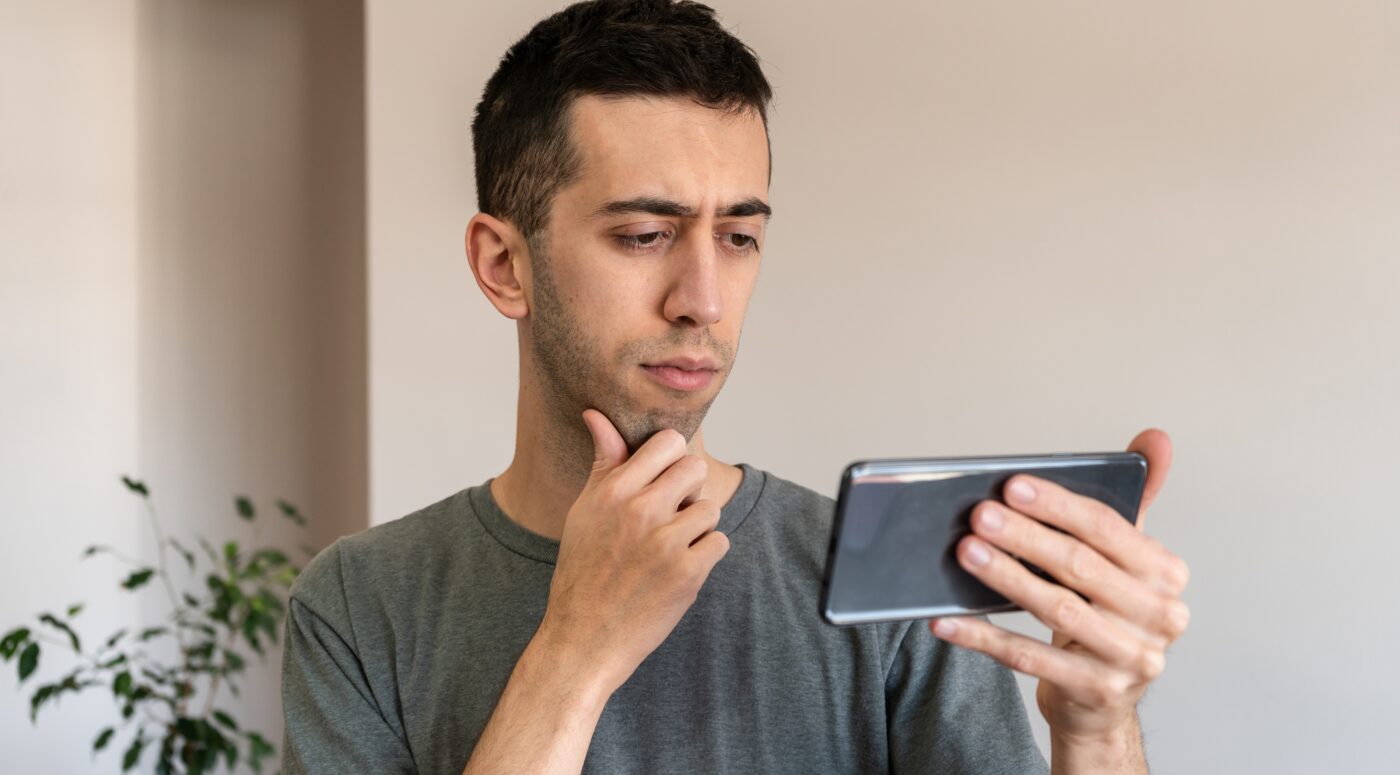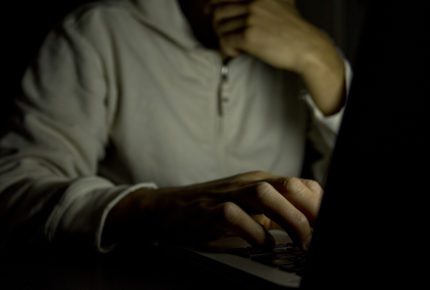

The protection of children from predatory individuals is a matter of utmost importance to lawmakers and the courts alike. There exist numerous offences that tackle the troubling issue of indecent images of children (also known colloquially as ‘child pornography’) and if you find yourself subject to any such investigation, the consequences for your personal and professional life can be significant. In this article, we outline offences involving child pornography, explain what kind of images are involved, and answer some of the most common questions we get on sentencing and defences.
What offences cover child pornography in the UK?
Offences involving child pornography fall under Section 1 of the Protection of Children Act 1978 and Section 160 of the Criminal Justice Act 1988. Broadly speaking, the law prohibits indecent photographs or pseudo-photographs of a minor. The acts of taking, creating, disseminating, sharing, and even possessing such images, are all unlawful.
It constitutes a criminal offence to capture (or permit the capturing of), circulate or display, possess, and/or publish indecent images of any individual under the age of 18. An indecent image in this context denotes a sexually explicit image of a minor, which may or may not depict them clothed and may or may not involve sexually explicit acts in the image.
There are three classifications of indecent images. Category A images are the most severe:
- Category A – images involving penetrative sexual activity or sadistic sexual depictions.
- Category B – images featuring non-penetrative activities such as sexual assault or masturbation.
- Category C – any image that doesn’t fall under Categories A or B.
When it comes to charging, the police will build a case around a specific action or activity that you are alleged to have committed, namely:
- Possession – where a person possesses indecent images in physical or digital format.
- Distribution – where a person sends or shares digital files through chat rooms, social media or by using a file sharing programme where it can be established that distribution was intentional.
- Production – where a person creates, edits, or otherwise produces indecent images.
What does the law consider to be ‘pornographic’ images in relation to child pornography?
The law considers a ‘child’ to be anyone under the age of 18, and it considers ‘pornographic’ images to be those that involve children with their genitals exposed or otherwise in suggestive or provocative poses. Videos as well as images count for these purposes. There is no requirement that an adult is present in these images, but sadly they often are as many images portray the abuse of children.
The law defines indecent images as child pornography, and prohibits them, if the images:
- are sexually provocative or pornographic in nature;
- focus primarily on the child’s anal or genital areas; and
- are extremely obscene or offensive.
Most people do not have to worry about accidentally coming across these images and videos on the internet because only very specific search terms and websites will even bring anything like that up, but there is still a risk that the viewing happens inadvertently and this is a scenario that many first-time offenders find themselves in.
What happens if you are suspected of committing an offence involving child pornography in the UK?
If you are suspected of an offence involving child pornography in the UK, the police and other law enforcement agencies – including some specialist cybercrime or child protection units – will investigate. Here is an overview of what typically happens:
- Initial suspicions – the investigation typically begins when the police receive information or evidence suggesting your involvement in child pornography-related activities. This could come from various sources, including tips from the public, online monitoring, or intelligence operations.
- Arrest – if the police have sufficient evidence or reasonable grounds to suspect your involvement, they may arrest you. You will be taken to a police station for questioning. During this time, you have the right to remain silent and the right to legal representation.
- Search and seizure – the police may execute search warrants at your residence or other relevant locations to gather evidence, such as computers, storage devices, and documents related to the case. They may also seize any materials believed to be child pornography.
- Questioning – while in custody, you may be questioned by the police. Have legal representation during questioning, as anything you say can be used against you in court.
- Forensic examination – any electronic devices seized will undergo forensic examination to recover data, including images or videos that may be relevant to the case. This examination is performed by specialised forensic analysts.
- Bail, release, or detention – after questioning, the police may decide whether to release you on bail with or without conditions, release you under investigation, or to keep you in custody. The decision depends on factors such as the seriousness of the allegations, the strength of the evidence, and the risk of you fleeing or interfering with the investigation.
- Charges – if the police gather enough evidence to support the allegations, you may be charged with offences related to child pornography, such as possession, distribution, or production of indecent images of children.
- Court proceedings – once charged, your case will proceed through the criminal justice system. You will appear in court, where you can enter a plea. If you plead not guilty, a trial will be scheduled.
- Sentencing – if you plead guilty or are found guilty at trial, you will be sentenced accordingly.
In any criminal investigation, it is natural to feel like you want to explain your situation and co-operate as far as possible to show you have nothing to hide, but you should still seek legal advice as early on in the process as possible to ensure that you do not risk self-incrimination at any stage in the process.
What is the sentence for an offence involving child pornography?
Due to the extensive spectrum of potential categories into which this crime may fall, the range of potential sentences also varies accordingly.
- Possession of Category A images usually means you will face a custodial sentence ranging from 1 to 3 years for possession and 2 to 6 years for production of such images.
- Possession of Category B images carries a minimum custodial sentence of 26 weeks, while distribution and/or production of these images could lead to imprisonment for 1 to 4 years.
- Possession of Category C images typically results in a substantial amount of community service, but involvement in their production or distribution could result in a custodial sentence of 1 to 3 years.
If charged under legislation specifically pertaining to child pornography, the potential sentence can range from 3 months to 10 years.
The Sentencing Council has detailed guidelines that can help you understand what judges are considering in the process.
Are there any defences to offences involving child pornography?
There are two statutory defences available to offences involving child pornography:
- Lawful reason – if there was a valid, lawful reason for the defendant to possess such indecent material, such as it being retained as evidence for an unrelated legal matter, this can serve as a defence. Typically, this defence protects police officers, lawyers, and others who may have to handle this kind of material as part of their professional work.
- Ignorance of material – if the defendant can demonstrate that they were entirely unaware of the presence of such images or videos on their device, which could result from actions like inadvertent pop-ups or malware depositing illicit content, this can also be a valid defence against charges related to child pornography.
Other general defences, such as mistake, duress, involuntary intoxication, and insanity may still apply in addition to or instead of these statutory defences.
Cases like this can be extremely complex and with such extensive digital forensic evidence at play, you need the expertise of an experienced child pornography defence lawyer on your side. Securing this legal representation as early on in the process as possible is key to setting a strong foundation for your defence.
Will I go to prison if it is my first time committing an offence involving child pornography?
The penalties for a first-time offender involved in an offence related to child pornography are determined by a complex interplay of factors. These factors include the specific nature of the offence committed and the circumstances surrounding it. Sentencing guidelines take into account various considerations, such as the age of the child depicted in the indecent images, the quantity of such materials, the level of the defendant’s involvement, and any prior criminal history.
For those found in possession of indecent images of children for personal use, the courts may explore alternatives to immediate imprisonment, depending on the individual circumstances. These alternatives might include community orders, probation, or participation in educational programs aimed at rehabilitation. However, when the offence involves more serious actions, such as the production or distribution of child pornography, the penalties are generally harsher.
Where to get further help
Being accused of an offence as serious and as personally and socially troubling as child pornography is very difficult and it is natural that you should have numerous questions and concerns about what might come next. To relieve some of your stress and start getting your defence prepared, get in touch with the team at Stuart Miller Solicitors today for a free, non-judgemental conversation about your options.
OUR COMMITMENTS TO YOU:
-
Responsive
A legal expert will consult you within 24 hours of making an enquiry.
-
Empathetic
We will always treat you with trust, understanding and respect.
-
Specialised
Your case will be handled by an expert who specialises in your type of offence.
-
Proactive
We will take early action to end proceedings as soon as it is practically and legally possible to do so.
-
Engaged
You will be kept updated on your case at all times. We will provide a named contact available to answer your questions.
-
Caring
We understand this is a difficult and stressful time for you and your family. Our team will support you every step of the way.
-
Tenacious
We will never give up on your case. We fight tirelessly to get you the best possible outcome.
